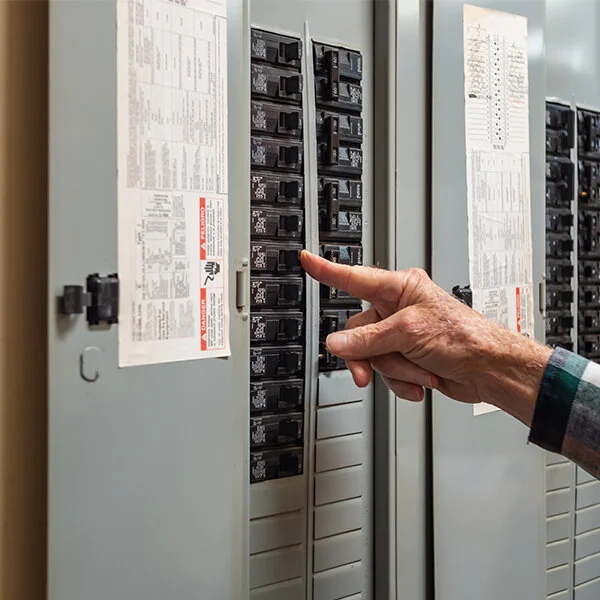Panel Installation and Repair in Raleigh, Wake Forest, Wyatt, Rolesville, and Forestville, NC
At Baker Electrical Contracting, we take pride in the work that we do and the people that we work for. As a family-owned business in Raleigh, North Carolina with over 20 years of experience, we understand that quality and dependability matter when it comes to the business that you choose to do your in-home electrical panel installation and repair. That is why we go above and beyond to give you the best service possible so that you can rest assured knowing that we care just as much about your home or business as you do. Simply give us a call today to learn more about the services that we offer and schedule your free in-home estimate to get started on your next electrical panel installation or repair project.
A Great Foundation to Build On
The core of your home's electrical foundation is the electrical panel. That is because at some point, everything electrically moves through it. Whether you are looking to complete a whole house remodel or are looking to do so at smaller, more manageable chunks, your electrical panel is a great place to start. At Baker Electrical Contracting, we can help you get your panel up to code and up to date by evaluating its current condition. Should you need an upgrade, we can help there as well to give you more room to add circuits in the future and help make any future additions safer and easier.
Common Issues Found in Electrical Panels
Whether you know it or not, your home's electrical panel may be out of date. At Baker Electrical Contracting, we can help assess the health of your home's electrical panel and identify current and potential problems that can affect performance and safety. A few of the common problems that we see include:
Ground and neutral wires located on the same bar.
Breakers with multiple wires underneath the contacts.
Improper grounding to NECC code.
Undersized wires feeding larger loads.
Unbalanced load between phases.

